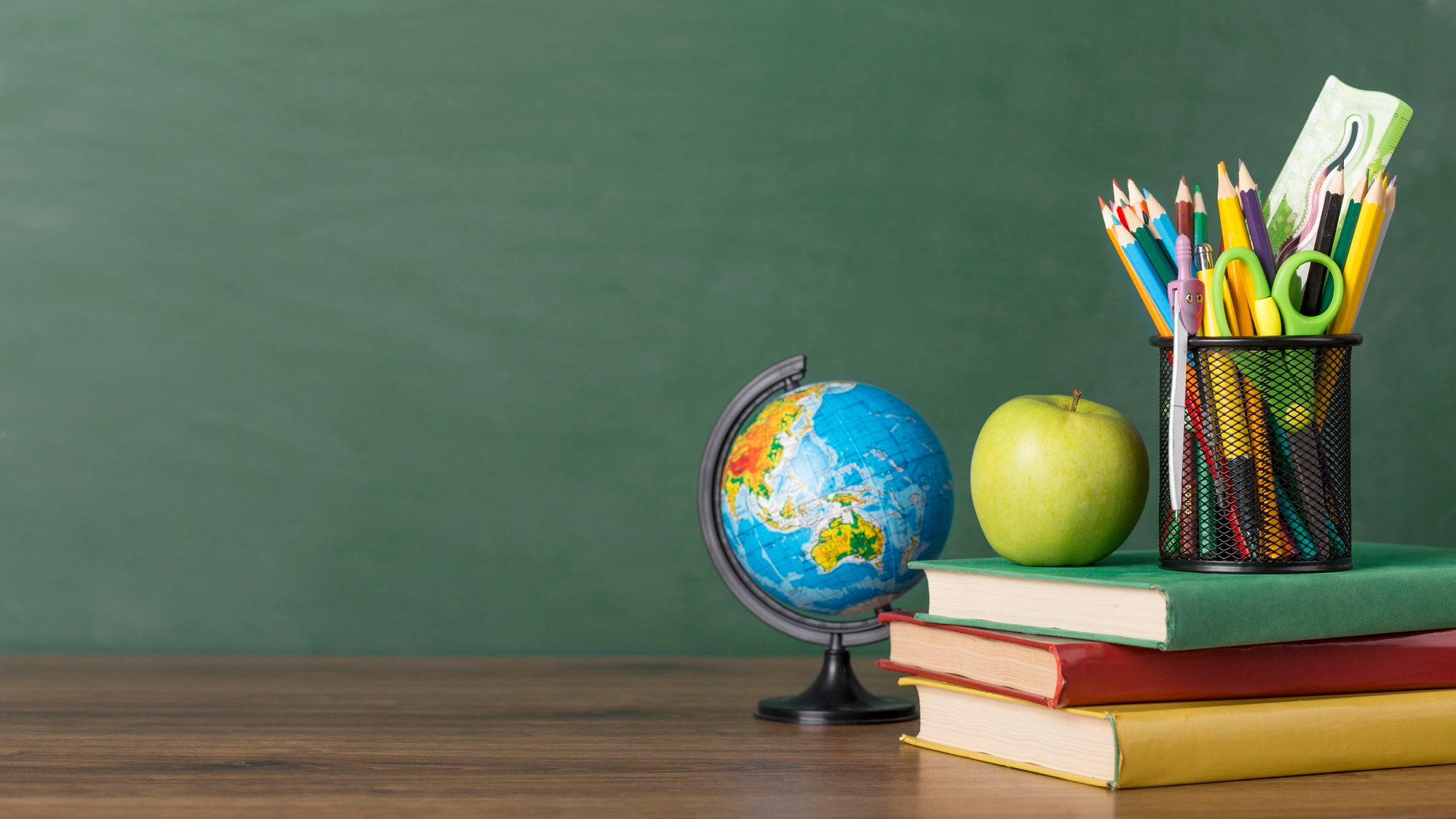Education is one of the most powerful tools for personal and societal growth. It equips individuals with knowledge, skills, and critical thinking abilities that help them navigate the complexities of the world. From the early beginnings of human society to the present day, education has played a pivotal role in shaping the direction of civilizations, advancing technology, and promoting social change. Today, education is recognized as a fundamental human right, key to unlocking opportunities and fostering equality.
The Early Beginnings of Education
The concept of education dates back thousands of years. In ancient civilizations like Egypt, Mesopotamia, Greece, and China, education was often a privilege reserved for the elite. Early forms of education were passed down orally, with a focus on religious teachings, cultural values, and basic practical skills. In ancient Egypt, for example, scribes were highly trained to read and write, serving as essential figures in administrative and religious functions.
In ancient Greece, the philosopher Socrates championed the importance of questioning and critical thinking, which later influenced Western education systems. The ideas of Plato and Aristotle further developed the concept of education, emphasizing the importance of intellectual growth and moral development. Education was seen not only as a means of acquiring knowledge but also as a path to cultivating virtuous citizens.
The Rise of Formal Education Systems
The advent of formal education systems began in the Middle Ages, with the establishment of universities in Europe. Institutions like the University of Bologna (founded in 1088) and the University of Oxford (founded in the 12th century) became centers of higher learning and knowledge preservation. These universities primarily focused on theology, philosophy, law, and medicine, and they were typically reserved for the nobility and clergy.
During the Renaissance, education became more widely accessible, and the spread of humanist ideas encouraged the study of literature, science, and the arts. The invention of the printing press by Johannes Gutenberg in the 15th century revolutionized education by making books more accessible and affordable, allowing knowledge to spread rapidly.
In the 19th century, the Industrial Revolution sparked significant changes in education. As societies urbanized and economies shifted from agricultural to industrial, there was a growing need for skilled workers. This led to the establishment of more public schools, and education became a vehicle for social mobility and economic development. The development of compulsory education laws in many countries during the 19th and 20th centuries ensured that all children, regardless of social background, had access to basic education.
The Importance of Education Today
Education in the modern world is more important than ever. It is not only a means of personal development but also essential for the prosperity and stability of societies. Here are some key reasons why education remains a cornerstone of modern life:
- Personal Development: Education fosters intellectual and emotional growth. It allows individuals to gain knowledge, think critically, and develop a broad understanding of the world. It also equips them with the skills needed to navigate challenges, solve problems, and make informed decisions.
- Social Mobility: Education provides individuals with the tools to rise above their circumstances. By acquiring skills and qualifications, people are better equipped to pursue career opportunities, increase their earning potential, and improve their standard of living.
- Economic Growth: An educated workforce is a key driver of economic progress. Countries with high levels of education tend to experience faster economic growth because educated individuals contribute more to innovation, productivity, and the development of new industries. Education also fosters entrepreneurship, leading to the creation of businesses and job opportunities.
- Social Equality: Education is a powerful tool for reducing social inequalities. It helps bridge gaps between different socioeconomic groups by providing equal opportunities for all. Access to quality education can break the cycle of poverty and create a more equitable society where everyone has the chance to succeed.
- Health and Well-being: Education is closely linked to better health outcomes. Educated individuals are more likely to make healthier life choices, seek medical care when needed, and live longer lives. Education also plays a role in promoting public health awareness and understanding of important issues like nutrition, hygiene, and disease prevention.
- Civic Engagement: A well-educated population is more likely to engage in civic activities, such as voting, community service, and participation in democratic processes. Education encourages individuals to think critically about social, political, and economic issues, enabling them to contribute to the betterment of society.
Challenges Facing Education
Despite the significant progress made in global education, numerous challenges persist. These challenges must be addressed to ensure that education remains accessible, equitable, and effective for all individuals:
- Access to Education: While many countries have made strides in providing universal access to education, millions of children around the world still lack access to quality schooling. This is particularly prevalent in rural areas and in developing countries, where poverty, conflict, and cultural barriers prevent children from attending school.
- Quality of Education: Access to education does not necessarily equate to quality education. In many parts of the world, schools lack basic resources, such as textbooks, qualified teachers, and infrastructure. This leads to disparities in the quality of education, even within the same country.
- Gender Inequality: In some regions, gender inequality remains a significant barrier to education. Girls are less likely than boys to receive an education, particularly in rural or conflict-affected areas. This limits their opportunities for personal and professional development and perpetuates cycles of poverty and inequality.
- Technological Disparities: In the digital age, technology plays a critical role in education. However, not all students have access to the internet, computers, or other digital resources. This technological divide creates disparities in learning opportunities, particularly in remote or economically disadvantaged areas.
- Curriculum Relevance: As the world continues to change rapidly, education systems must adapt to ensure that students are prepared for the future. This includes updating curricula to reflect new technological advancements, addressing climate change, and preparing students for the jobs of tomorrow, many of which do not yet exist.
The Future of Education
The future of education will be shaped by technological advancements, evolving societal needs, and the growing demand for lifelong learning. Several trends are already emerging:
- Online and Remote Learning: The COVID-19 pandemic accelerated the adoption of online learning platforms, and this trend is expected to continue. E-learning offers flexibility and accessibility, allowing students to learn from anywhere in the world. However, challenges related to technology access and quality remain.
- Personalized Learning: Advances in artificial intelligence (AI) and data analytics are making it possible to personalize learning experiences. Adaptive learning systems can assess a student’s progress and tailor educational content to their individual needs, strengths, and weaknesses.
- Skill-based Education: As the job market changes, there is a growing focus on teaching practical skills rather than just academic knowledge. Vocational education and training (VET) programs are gaining importance, as they provide students with the skills needed to succeed in the workforce.
- Global Collaboration: The future of education is likely to be more interconnected, with schools and universities fostering cross-cultural collaborations. Virtual exchanges, international research partnerships, and global learning communities will help prepare students for a globalized world.
Conclusion
Education is a cornerstone of human development and societal progress. From its early roots in ancient civilizations to its role in shaping the future, education remains a powerful force that empowers individuals and transforms societies. While challenges exist, the future of education holds the potential for greater accessibility, innovation, and equity. By continuing to invest in education, we ensure a brighter future for individuals and communities worldwide.




